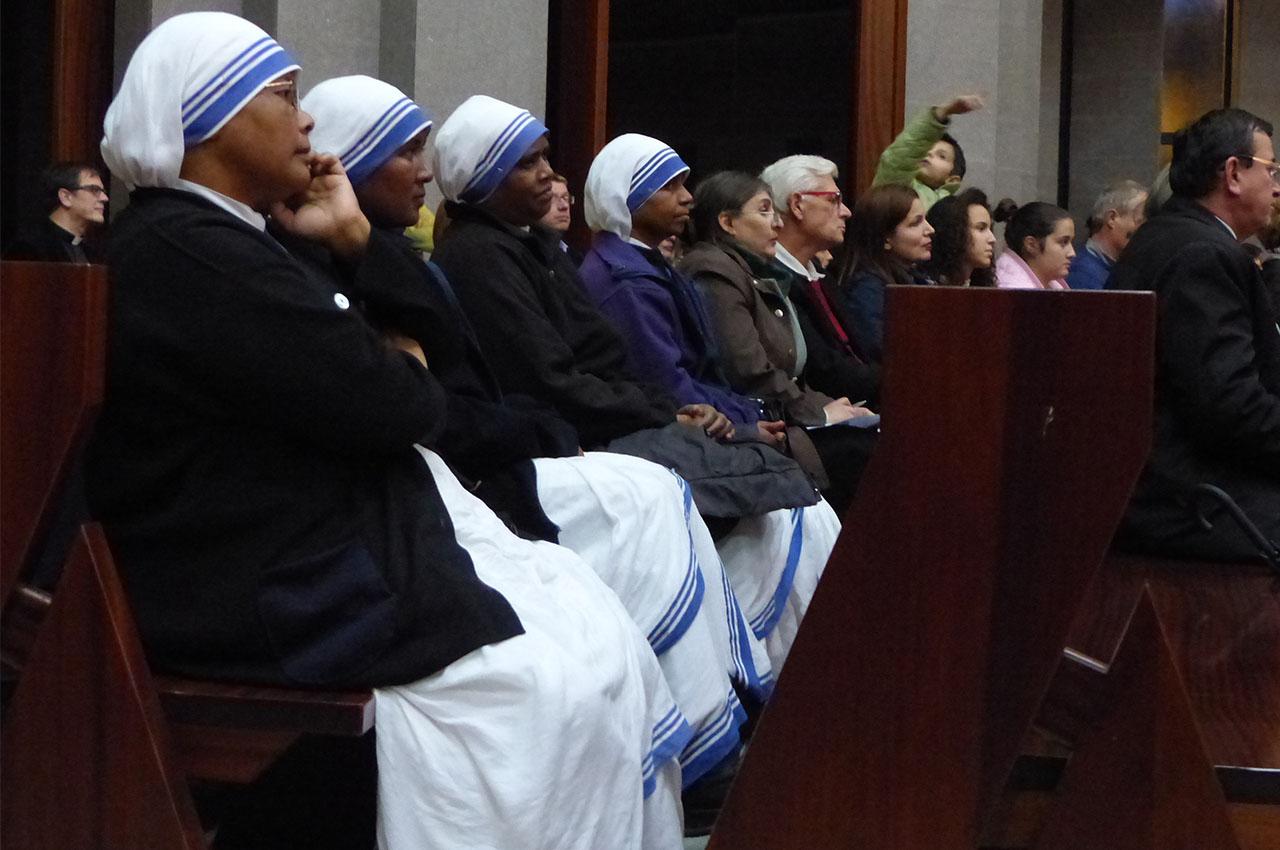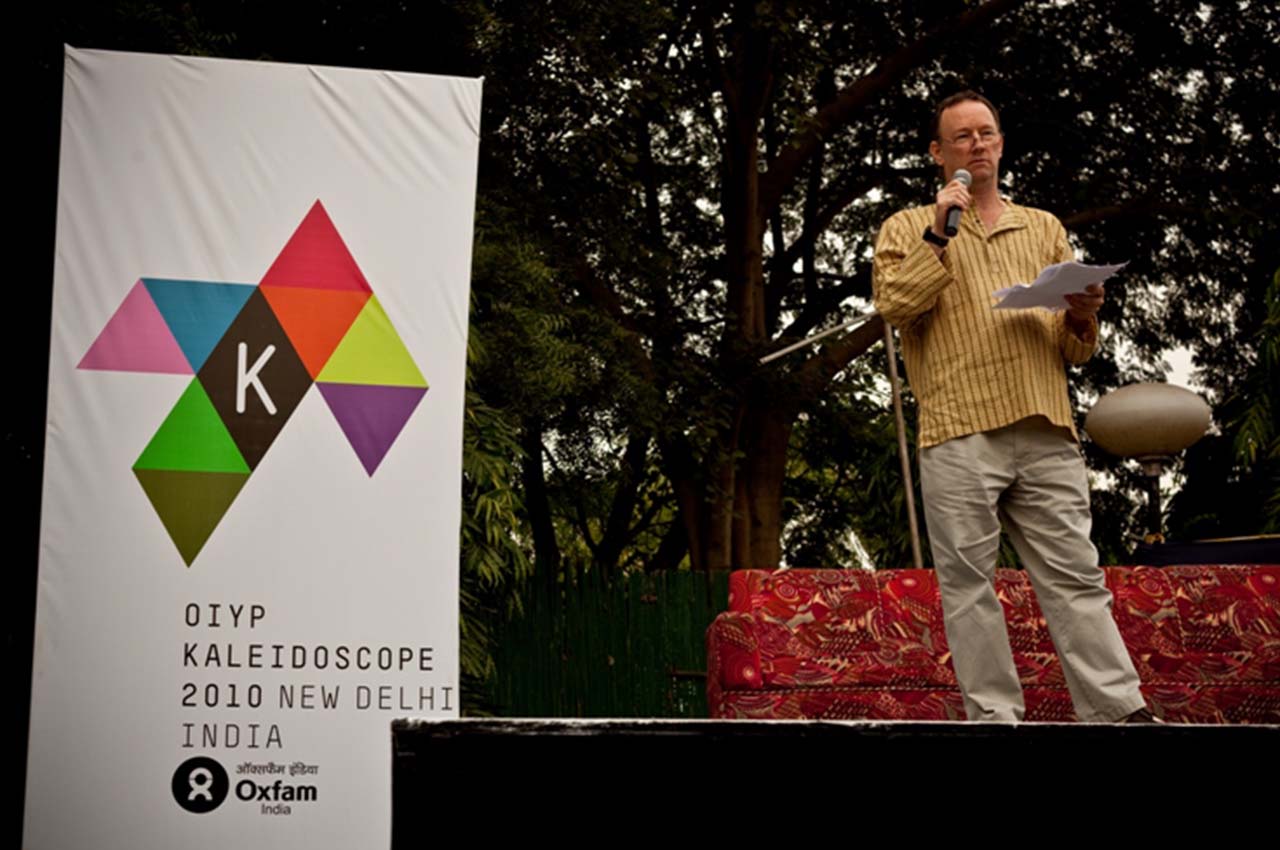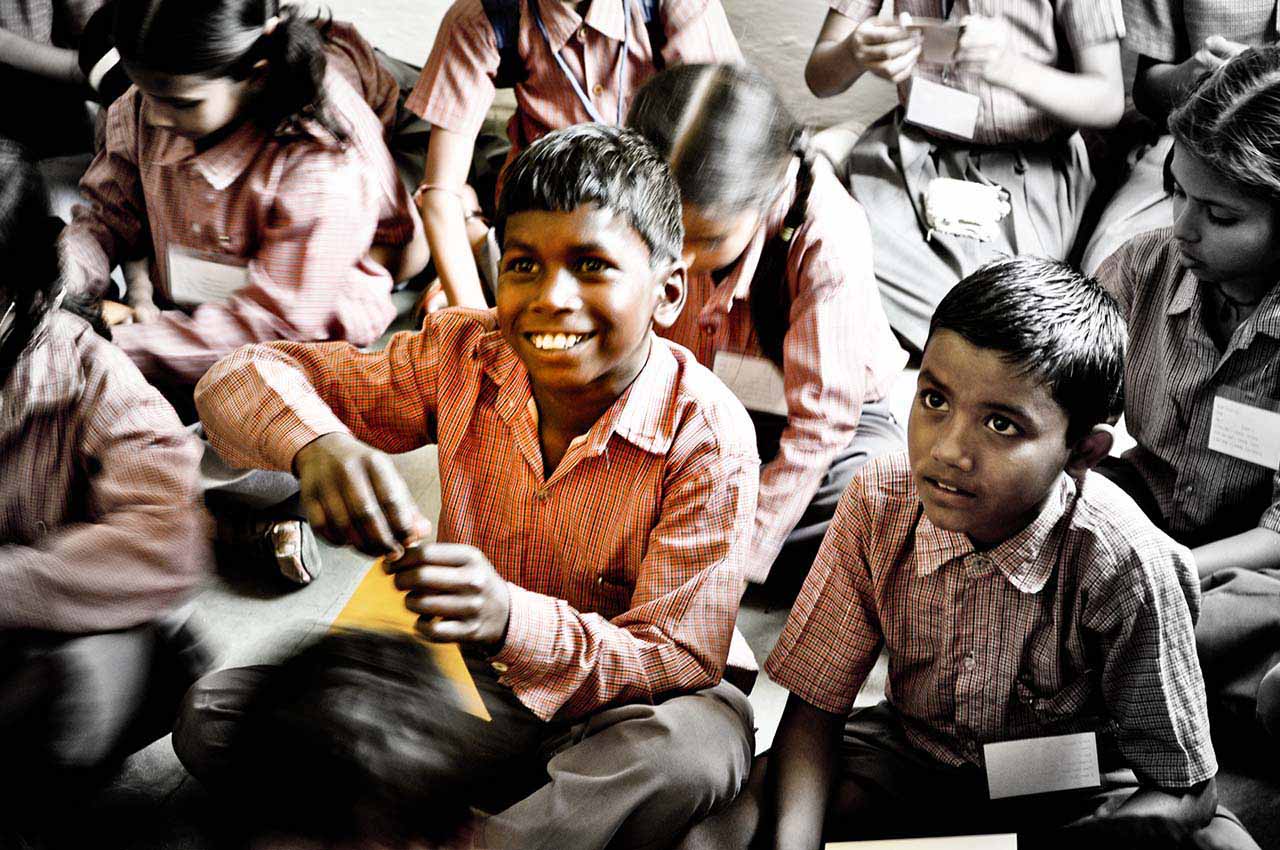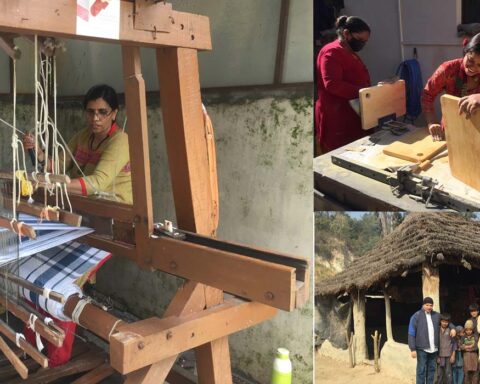Ramvati, a fruitseller with two kids — a girl and a boy aged 10 and 13, respectively — was dependent on a Delhi-based NGO for helping the children with free tuition and books before the Covid-19 pandemic. The NGO’s support was vital for the education of her kids who were scoring good marks in class. But after the pandemic brought life to a standstill following the lockdown in March 2020, the NGO was forced to stop its work because the two companies that provided funding started dragging their feet. It turned out that the two companies that had been funding the NGO were now donating their Corporate Social Responsibility (CSR) corpus to the Prime Minister’s Citizen Assistance and Relief in Emergency Situations (PM CARES) fund that was set up on March 27, 2020.
“I cannot afford private tuitions for my children,” says Ramvati. “It was a great help, but last year didi (the NGO’s counsellor) told us that they cannot hire teachers because of lack of funds. Both kids have been doing well and now they are moving to higher classes. I am worried about continuing their education.” This is not a story of one or two NGOs. Most of the NGOs working in areas such as child education, women’s health and empowerment, providing shelter for the homeless, and helping people with disabilities (PwD), among many others, are struggling due to the slowdown in funding from the corporate sector. To a great extent, this is due to the diversion of CSR funds to PM CARES and losses suffered by companies as a result of work stoppages in the past two years.
According to Ministry of Corporate Affairs (MCA) data, companies spent a cumulative ₹20,150.27 crore in 2018-19 and ₹24,688.66 crore in 2019-20, but only ₹8,828 crore in 2020-21. “We estimate the minimum total amount of the CSR fund is likely to be ₹20,000 crore to ₹25,000 crore,” says Amod Kanth, founder of Prayas and joint coordinator, NITI Aayog, CSO Standing Committee. “It’s quite calculatable because it is all on record. I mean, the Ministry of Corporate Affairs has all the information regarding the total amount that is spent on CSR. A large portion of this amount went to the PM CARES fund.” Companies also contribute to the existing Prime Minister’s Relief Fund from their CSR funds, but this contribution was a mere ₹500 crore in 2019-20.
“All NGOs are struggling for funds because the biggest chunk is going to the PM CARES fund,” says Sadhna Sinha, founder of Nanak, a Greater Noida-based NGO working for child welfare. “We are all worried about continuing our work because very little funds are available to NGOs after contributions to PM CARES by companies, which was a major source of funding for NGOs. This is why our work on the ground has been hampered badly and no one knows when the situation will improve.”
Funds diverted
Companies disburse CSR funds to non-profit organisations that are directly involved in providing services to marginal communities and people, who struggle for access to resources to fulfil their basic needs. The maximum impact is felt in areas where the government’s programmes don’t reach them effectively. In such areas and domains, NGOs have been traditionally bridging the gap. For example, Prayas runs 40 shelters across India for homeless and deprived children. According to Kanth, India has nearly 7,000 shelters for homeless and orphan children and CSR funding is the lifeline for them.“The PM CARES fund is not the only issue here; CSR funds are also going to government programmes like Swachh Bharat,” says Kanth, who served as commissioner of Delhi Police. “My question is why CSR funds are being given to PM CARES when there is already an established Prime Minister’s Relief Fund. We are not happy about it, it’s not justified.”
Gopal Kumar Jain, the CEO, of TruCSR, points out that the Covid-19 pandemic completely disrupted the traditional funding model of NGOs. “What happened during the pandemic is that most of the funds were utilised to deal with the crisis, besides some major steps were taken at the policy level. The pandemic was a huge crisis and funds were needed to counter it. Many companies diverted their funds towards Covid-related programmes. Also, during the pandemic, many NGOs stopped working in certain areas, especially education and focused on areas that required immediate attention. Yes, CSR money going to PM CARES hurt the NGOs to some extent. Many NGOs call us on a regular basis, asking when things are going to improve.” TruCSR provides a web-based platform that connects contributors and implementers for planning, execution and tracking of CSR initiatives across India. It also mobilises funds through crowdfunding for NGOs on its platform.

In June 2021, the Centre for Social Impact and Philanthropy (CSIP) of Ashoka University published a report, “Impact of Covid on India’s Non-Profit Organisations.” Based on interviews with heads of 54 NGOs, the report highlights the crises faced by NGOs. “The key issues NPOs (non-profit organisations) faced with respect to fundraising were funders diverting funding from other programme activities to COVID-19 relief; funders not communicating or responding; funders deferring payments that were due, and finally funders not providing flexible funding or allowing for flexible workarounds of existing funding,” says the report. It further states, “Six NPOs interviewed was asked by their CSR funders to cut down organisational non-programmatic costs, such as office and salary costs, and take measures to keep funds in place for the financial year. This has affected the efficacy of beneficiary support programmes.”
Increased paperwork
Funds crunch is not the only issue NGOs are grappling with. Over the past few years, the number of regulatory compliances has increased. These include CSR registration with MCA, Foreign Contribution (Regulation) Act, 2010 (FCRA) compliances, annual report filing, and income tax filing, to name a few. Many of the smaller NGOs are finding it difficult to keep pace with these ever-increasing regulatory compliances. In particular, FCRA compliance has become a major point of contention between NGOs and the government. Section 32 of the FCRA grants the government sweeping powers to initiate proceedings against any NGO seeking foreign funds and allows its complete discretion to revise or cancel the licence to collect foreign funds.
On February 8, the Union minister of state for home affairs, Nityanand Rai, informed the Lok Sabha that 1,811 FCRA registration certificates of NGOs were cancelled between 2019 and 2021. Further, on January 1 this year, FCRA registration of 5,933 organisations, including Oxfam, Common Cause, Indian Medical Association, Lady Sriram College, Indira Gandhi National Centre for Arts (INGCA), among other prominent NGOs, were cancelled. In December 2021, bank accounts of the Missionaries of Charity (MOC), founded by Nobel laureate Mother Teresa, were frozen by the Ministry of Home Affairs for alleged delay in applying for renewal of its FCRA licence. However, after two weeks, the ministry restored the FCRA licence after the international community voiced its disapproval and the bank accounts were unfrozen.
Funds crunch is not the only issue NGOs are grappling with. Over the past few years, the number of regulatory compliances has increased
The issue of cancellation of Oxfam’s FCRA licence was raised by the UK government during a bilateral meeting on February 10. In response to a question raised by Trinamool Congress MP Sougata Ray and Manickam Tagore of the Congress in Parliament on March 15, Rai said, “The Government of United Kingdom (UK) raised the issue of the status of Oxfam India under the Foreign Contribution (Regulation) Act, 2010 (FCRA, 2010) during the bilateral dialogue held on 10 February 2022. Status of Oxfam India was shared with the UK side during the dialogue.” According to the minister of state for home affairs, Oxfam’s request for renewal of its FCRA licence was rejected as it did not meet the criteria for foreign donations.

In January 2021, the MCA notified a set of new regulations bringing into effect the Companies (Amendment) Act, 2019 & 2020 that significantly altered the way companies carried out CSR activities. It also made it mandatory for NGOs eligible for CSR funding to be registered with the MCA by completing the formalities as defined in CSR Form 1. In February this year, the MCA introduced yet another amendment — the Companies (Account) Amendment Rules, 2022, which made it mandatory for companies undertaking any CSR activity to furnish a detailed report in CSR Form 2. Ostensibly, these changes over the past two years have been brought in, according to industry experts, to usher in a regime of transparency for the utilisation of CSR funds; instead, they have added another layer of red tape. While larger NGOs have the resources to fulfil all the mandatory compliances, it’s the smaller organisations with not much access to resources who are finding it difficult to meet the regulatory requirements. This too has impacted the funding of small and mid-sized NGOs.
According to parliament data, the Companies (CSR Policy) Rules, 2014, were amended on January 22, 2021, and registration of implementing agencies (NGOs) with the central government was made mandatory with effect from April 1, 2021, leaving the NGOs very little time to fulfil the compliance obligations. As per the latest data available with the MCA21 registry, a total of 17,130 were registered with the government as of October 31, 2021, significantly lower than the more than 24,000 NGOs that were operational in 2014.
For transparency
Now contrast this with the deed of the PM CARES fund, which reads: “This Trust is not created by or under the Constitution of India or by any law made by the Parliament or by any State Legislature. This Trust is neither intended to be or is in fact owned, controlled, or substantially financed by any government or any instrumentality of the government. There is no control of either the central government or any state government/s either direct or indirect in the functioning of the Trust in any manner whatsoever.” Despite no clarity about the nature of the PM CARES fund, all CSR benefits and exemptions under income tax rules are extended to the donors to this fund. “Now, there is a lot of paperwork for NGOs but on the other hand, some of the other funds lack transparency,” says Sinha.
Another clause of the PM CARES fund reads “…the Trust shall fully respect and will not allow any invasion of the privacy of the contributor/s by divulging their names, addresses and/or other details and the details regarding their contributions to anyone except to the tax authorities while making the full and true disclosures, which will be made to the tax authorities as and when required by such authorities or required under the relevant taxing statute”.
However, domain experts like Jain feel that the changes made to monitor CSR funding will ensure greater transparency. “These steps are definitely in a good direction,” says the CEO of TruCSR. “Now, there are specific rules, and you know exactly where the money is being utilised.” Earlier, in many cases, corporate houses exploited loopholes in the regulations that allowed them to give funds meant for CSR to foundations, trusts, and charitable organisations that acted as front outfits and routed the money meant to be spent on greater public good back to the company. But companies still manage to work around the existing regulations. “During the pandemic, a lot of companies organised vaccine programmes for their employees using their CSR funds. This is wrong, you can call it CSR only if that programme allows the common man also to get the vaccine,” points out Jain.
The changes over the past two years have been brought in, according to industry experts, to usher in a regime of transparency for the utilisation of CSR funds

Kanth also points out the lacunae that allow big companies to get away with bending the rules. “Most of the big corporate houses use their CSR funds for their own organisations, schools, etc. This goes unchecked,” he says. “India’s top industrialists are also doing it. Nobody bothers about how and where they are spending these funds. Is it fair? I don’t think so. This has also added to the funding crisis of genuine NGOs.” At a time when Indian NGOs are struggling due to the fund crunch, big international organisations are also cornering a share of CSR funds. “Can anyone tell me why rich UN agencies need Indian CSR funds?” asks Kanth. “Huge CSR funds are going to UN agencies like UNICEF. Two or three years back, a high-powered committee, headed by the secretary of company affairs, was formed to look into the issue of CSR funding. Very few organisations got the opportunity to make a presentation, I was one of them and raised this issue.”

For a vast multitude of people, who live on the fringes of a society in which the chasm between the haves and have-nots is widening by the day, NGOs serve as a lifeline. Attempts to bring in transparency notwithstanding, civil society organisations deserve as much ease of doing business as the corporate sector, and, of course, funds.


























